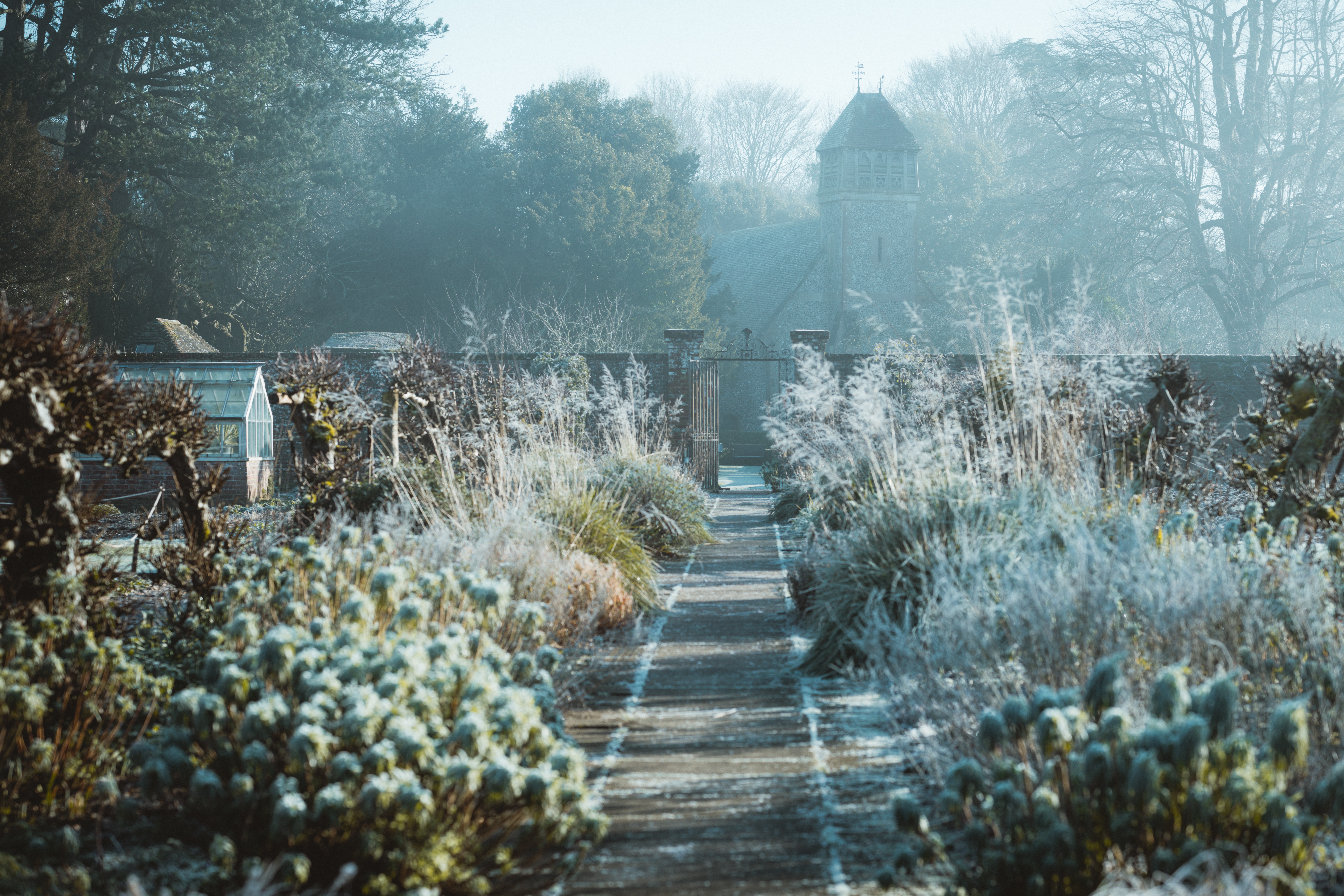In a temperate area, it is crucial to maintain your garden over the winter. There are a few crucial chores to take into account to maintain the health and vitality of your garden, even though the level of care needed may be less intensive than during the growth season. Here are some advice for winter garden maintenance in a temperate climate:
Remove any waste from your garden beds, including fallen leaves and dead plants. Pests and illnesses won’t be able to spend the winter in your garden thanks to this.
Pruning Deciduous Trees and Shrubs: Late winter is the best time to prune deciduous trees and shrubs because the plants are dormant. Trim the plants as necessary, getting rid of any dead or diseased branches.
Mulch: To protect plant roots from freezing temperatures and to help insulate the soil, spread a layer of mulch around the bases of perennials, shrubs, and trees. Mulch also aids with weed control.
Protect Tender Plants: To protect delicate plants from frost and chilly winds, you may want to cover them with burlap or other covering materials.
Water sensibly: During dry spells, water your garden as needed. During the winter, plants can still lose moisture through transpiration, so it’s crucial to keep them properly hydrated.
Sparingly fertilize: Avoid fertilizing heavily throughout the winter months as this can promote new growth that could be susceptible to frost damage. Instead, if necessary, add a slow-release, balanced fertilizer in the late fall.
Check for Pests and Disease: Keep an eye out for pests and diseases in your garden. To stop problems from getting worse, deal with them as soon as possible.
Winter Plantings: You can grow cool-season fruits, vegetables, herbs, and flowers in some temperate climates in late winter for a harvest or bloom in early April.
Protect Containers: To avoid the root zone from freezing, if you have potted plants, you could want to move them to a protected area or wrap the containers with insulating materials.
Frost preparation: Cover vulnerable plants with blankets or frost fabric in advance of chilly evenings. During the day, uncover them to let sunlight and airflow in.
Check Garden equipment: The winter is a great time to clean, polish, and organize your garden equipment so they are ready for spring.
Animals considerations: During the winter, continue to provide food, water, and shelter for animals in your garden if you have bird feeders or other wildlife-friendly elements.
Even while winter gardening in a temperate area may not require as much effort as other times of the year, it’s still important to maintain your garden to ensure its long-term health and beauty. By following these instructions, you can help your garden survive the winter and flourish once the growing season starts again.
The photo is from unsplash.com



